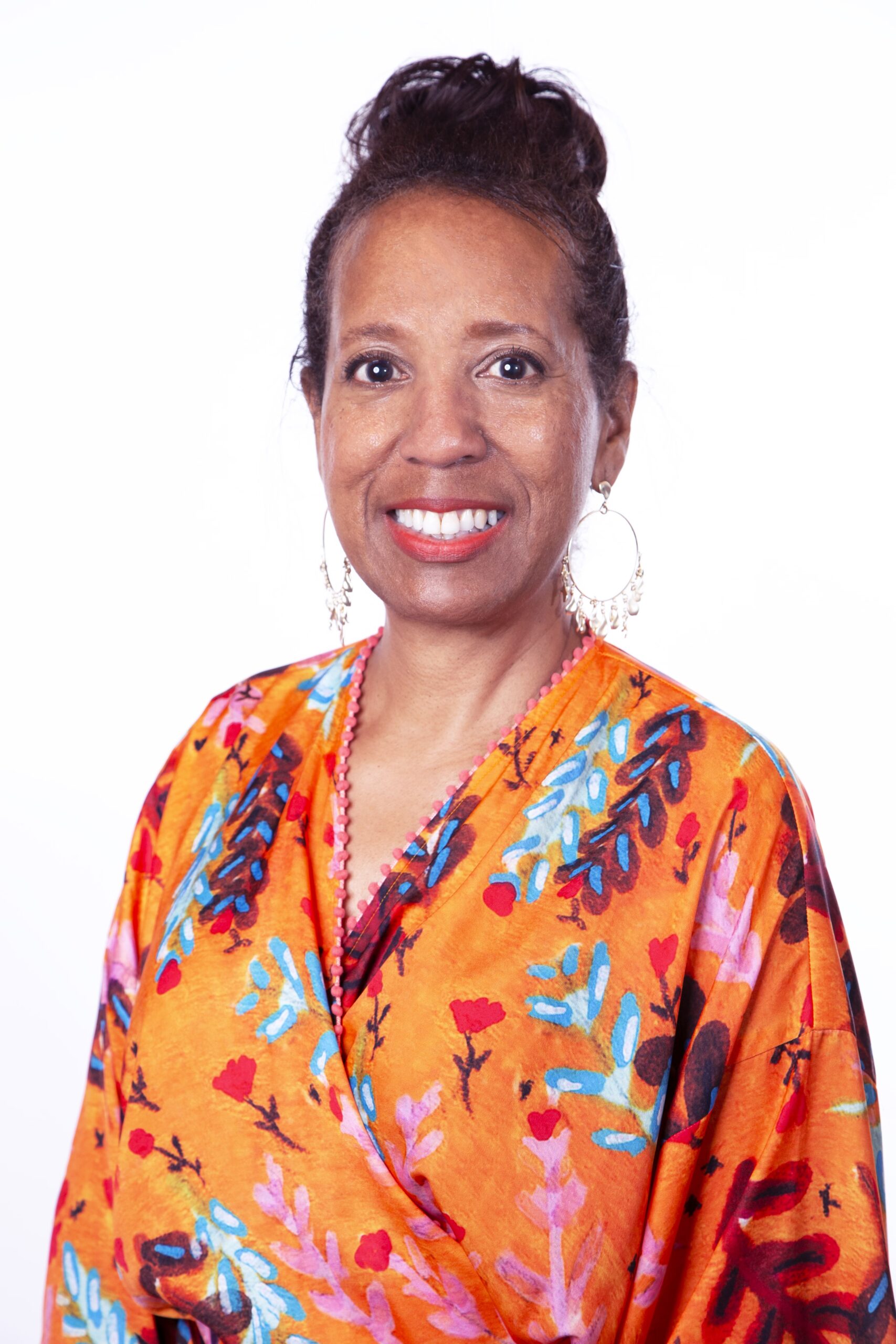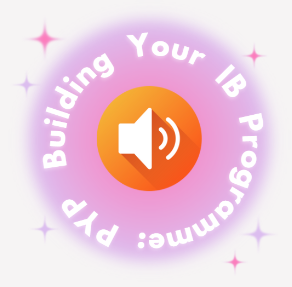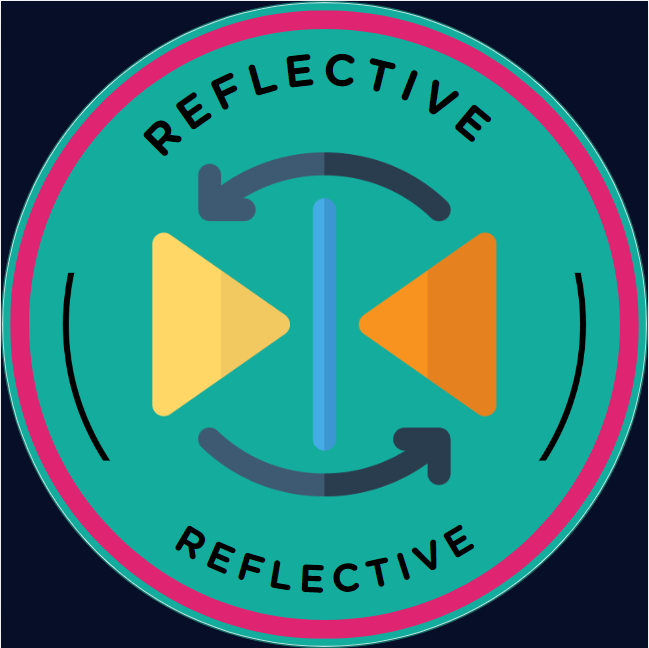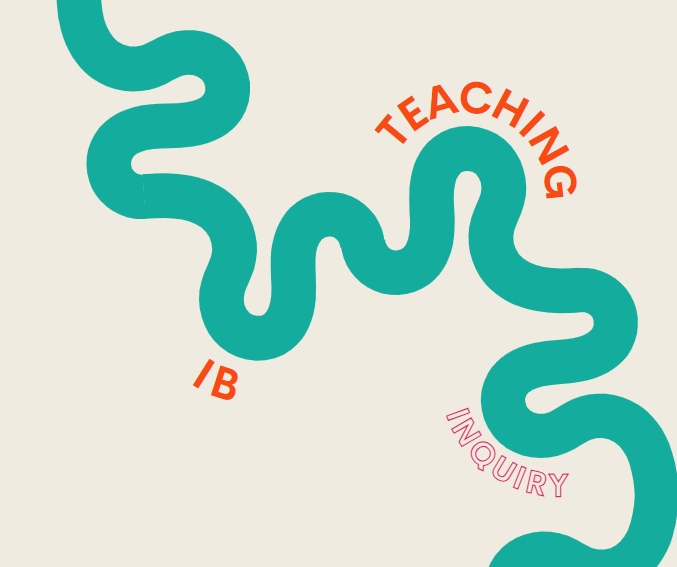Updated: Sep 12, 2022
“Identifying problematic situations within the curriculum, posing questions, researching, and reporting depend on and foster a community of inquiry.” –(John Barell, Problem-based Learning: An Inquiry Approach)
STEM, STEAM, Problem-Based Learning, Next Generation Science Standards, the National Council of Teachers of Mathematics, and the International Baccalaureate (IB), among many other groups, have identified inquiry-based learning as essential to creating curious learners that act to solve problems. The Harvard Graduate School of Education’s Project Zero asks this important question, “What type of learning is relevant for these students in this moment and in the future?” This question is learner-focused and is a great companion question to countless mission statements of schools near and far. For these reasons, we can explore using it to frame our wonderings of why major educational initiatives and organizations should subscribe to an inquiry approach to teaching and learning.
Our first stop in exploring is to take a brief look at what our students will be doing in a community of inquiry. The IB’s document, PYP: From Principles into Practice, has a robust list of student actions for indicators of inquiry-based learning. Learners engaged in inquiry-based learning are:
-
Exploring, wondering, and questioning
-
Experimenting and playing with possibilities
-
Making connections between previous learning and current learning
-
Making predictions and acting purposefully to see what happens
-
Collecting data and reporting findings
-
Clarifying existing ideas and reappraising perceptions of events
-
Applying concepts to deepen conceptual understandings
-
Researching and seeking information
-
Establishing and testing theories
-
Solving problems in a variety of ways
-
Taking and defending a position
If we imagine our students interacting in this way during and outside of their studies, chances are these are desired learner outcomes for most educators.
Our second stop on the exploration takes us to interrogating if what the students will be doing as inquirers is relevant for them now and into their futures. Our question here is, Will this instructional approach build relevant dispositions, knowledge, understanding, skills, and ability to take meaningful action in my students?
By designing learning that engages learners in the above activities, students will be supported as inquirers. In correlation to the student engagements, we would see students that are curious, resourceful, question creators, researchers, able to take-action, communicators, presenters, observers, collaborators, analyzers, critical thinkers, and in possession of understandings that they could connect to other subject areas and the world while considering varied perspectives. This is quite a positive list to support relevancy.

On the last stop in this exploration, we want to discover What are some generally accepted ideas of the benefits of inquiry-based learning? Then we can evaluate the positive outcomes that may result in our own school or classroom communities. Here are several benefits that are widely listed:
-
Learner-focused approach
-
Increases students’ curiosity; sparks motivation
-
Elevates student engagement and love of learning (present and future)
-
Enhances comprehension, critical thinking, and communication skills
-
Deepens understanding
-
Provides differentiation
-
Adaptable to any classroom, subject, or situations in and outside of school
-
Transferable skills are developed as important habits of mind
-
Student agency; ownership of learning
Thinking through these three considerations of why build a community of inquiry in your own context is a personal journey that could give each educator their own perspectives for choosing to do so. By going through the reflection process, we build teacher agency and find our own purpose for the professional choices we make. The next step in this reflection is to take a deeper dive into what our community of inquiry look would look like, which we will investigate in the next blog in this series.
Author
-

Jill is the CASIE Director of Education. She has a Master’s degree in Educational Leadership from Clark Atlanta University and a Bachelor’s degree in Education from The Ohio State University. Her past work experience includes serving as a teacher, IB coordinator, assistant principal, associate principal, 12 years as a principal with the last 7 leading an IB World School, Executive Director of Academic Programs including all four IB Programmes, head of of Curriculum and Assessment for Marietta City Schools, and an IB Educator Network programme leader. She enjoys learning, reading, walking, spending time with her husband, daughter, son, daughter-in-law, and friends.
View all posts




